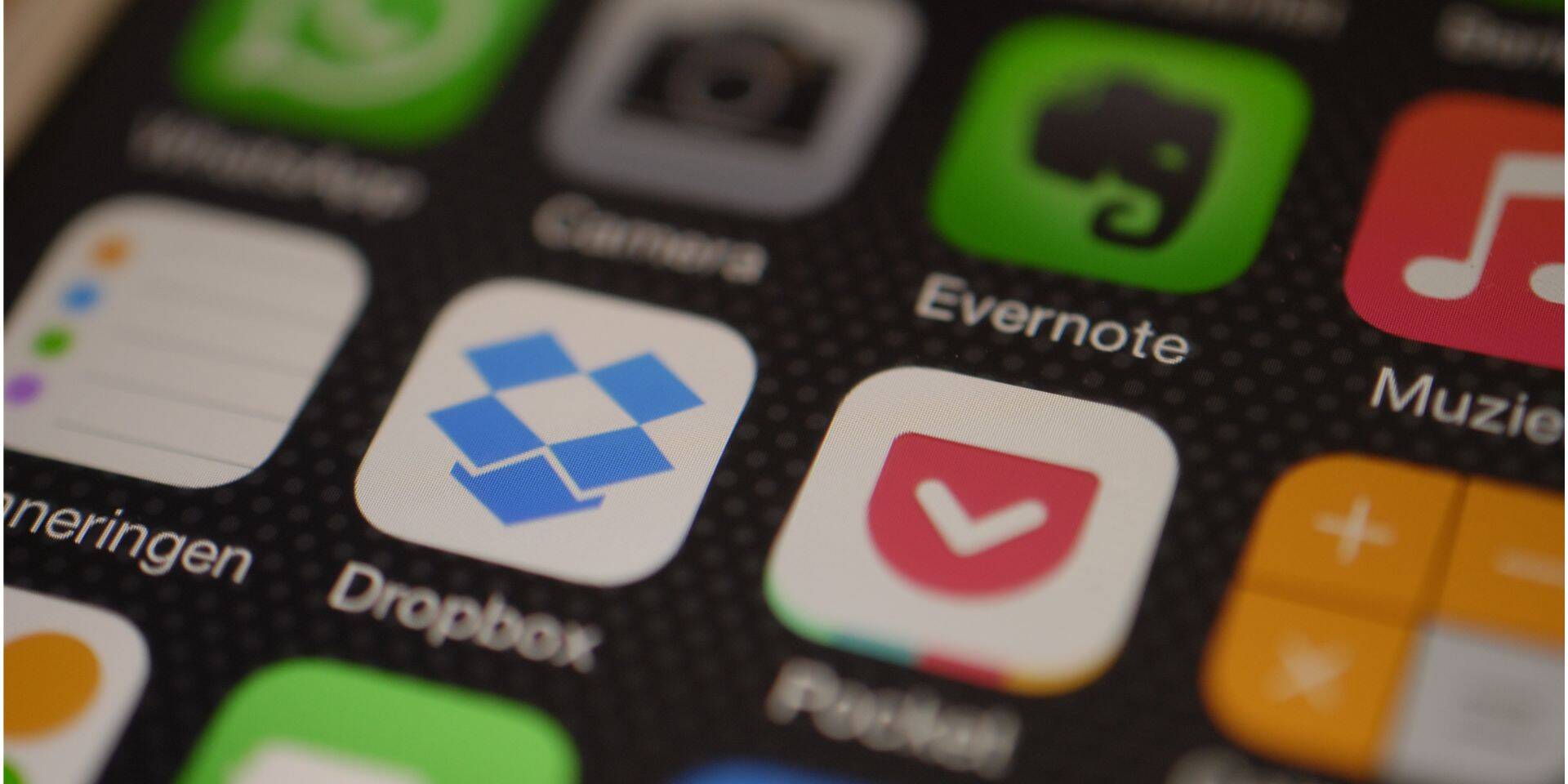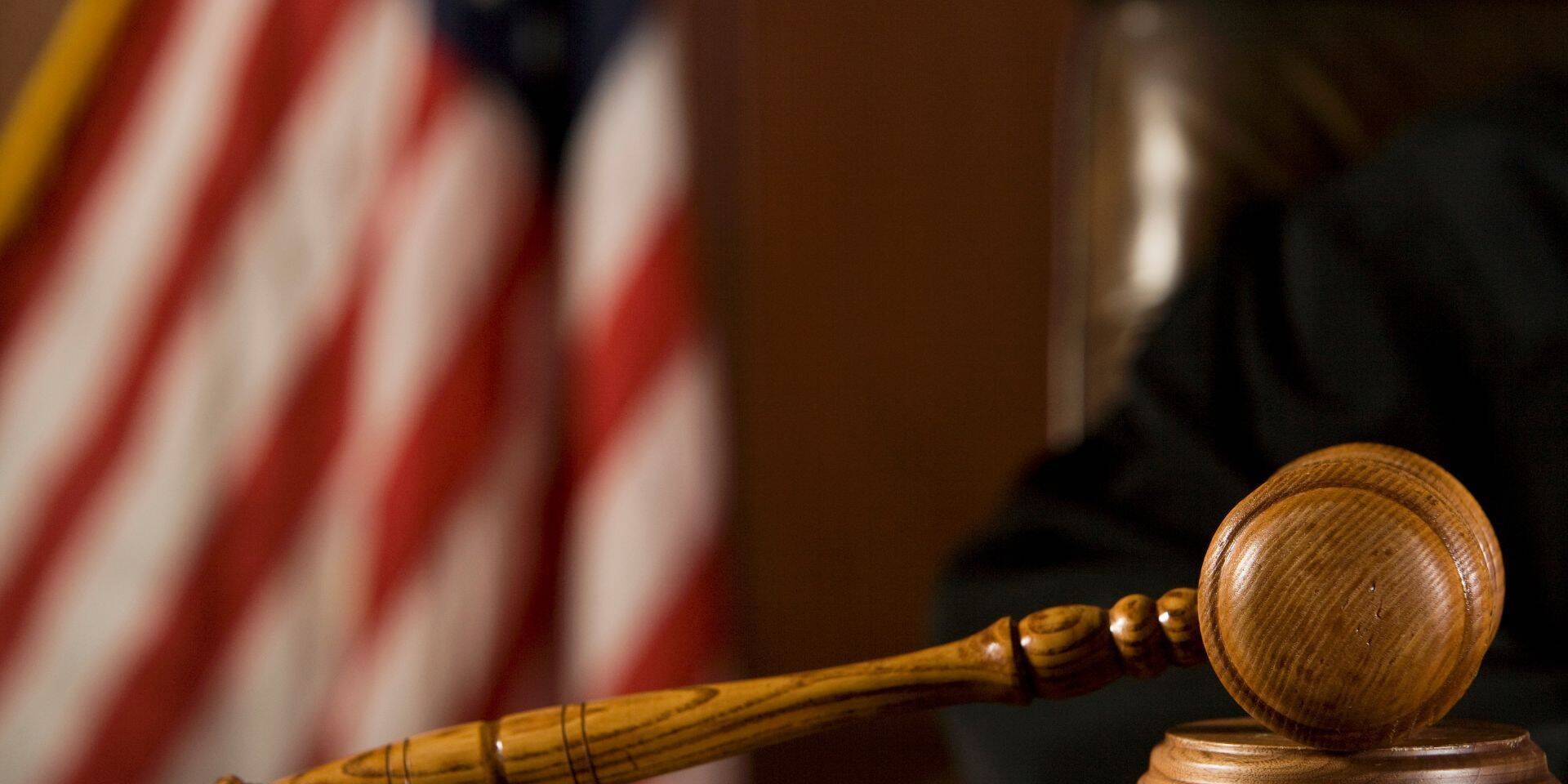Earlier this month, the Department of State released frequently asked questions (FAQ) on the immigrant visa backlog and consular processing. In the FAQ, the State Department acknowledged the Immigration Visa (IV) interview backlogs. They attribute the backlogs to three factors.
First, as expected, the backlog is a result of limitations in staffing and other COVID-related operational constraints preventing the consular offices to operate in their normal capacity. The second factor is former President Trump’s proclamation limiting the visa issuance to nonimmigrant and immigrant visa applications including (F-1, H-1B, parents of US citizens…etc.). Lastly, the geographical COVID proclamations restricting visa processing for many immigrants from specific countries for nearly a year.
Now, in order to decrease the backlog, the State Department will be prioritizing certain visas to create efficient visa processing and utilizing all their resources. Moving forward, the consular offices that process immigrant visa applications will be prioritizing immediate relative family members including, spouse, unmarried and children (under 21 years old), parents, intercountry adoptions, fiancé(e)s of U.S. citizens, and certain Special Immigrant Visa applications.
Consular offices that process nonimmigrant visa applications will prioritize travels with urgent travel needs, foreign diplomats, and certain mission-critical categories of travelers such as those coming to assist with the U.S. response to the pandemic, followed by students and exchange visitors (F-1, M-1, and J-1) and temporary employment visas. Based on the above prioritization and local conditions and restrictions relating to the spread of COVID-10, the State Department through the National Visa Center will be scheduling visa appointments. Applicants may check the website of the nearest U.S. embassy or consulate for updates on currently available vis services.
The FAQ also gives some valuable guidance to applicants who were issued Diversity Visa in FY 2020. Applicants who were issued DV2020 visas, but the visas are now expired will not be replacement visas. However, based on the court’s decision in Gomez v. Trump, applicants who have DV2020 visas may use the expired visas to travel to the United States. The Department of State advises these applicants to travel as soon as possible. DV2020 selectees who haven’t received a visa or an interview cannot be interviewed or issued a visa. On the other hand, DV applicants for the 2021 fiscal year will be scheduled for an interview based on their local embassy or consulate capacity and available resources according to the FAQ.
Lastly, although in this global pandemic we are all used to zoom/virtual meetings or interviews, the State Department will not be utilizing these functions. Current regulations require all immigrant visa applicants must appear in person before a consular officer for an interview.
As always, ILBSG remains dedicated to our clients. If you need advice, reach out to an ILBSG attorney today.
Related Posts
May 16, 2025
Warrantless Phone Searches Not Authorized at All Airports
CBP can't conduct warrantless phone…
May 15, 2025
Federal Judge Denies Granting Nationwide Relief for F-1 Visa Students
A federal judge placed an injunction on…



